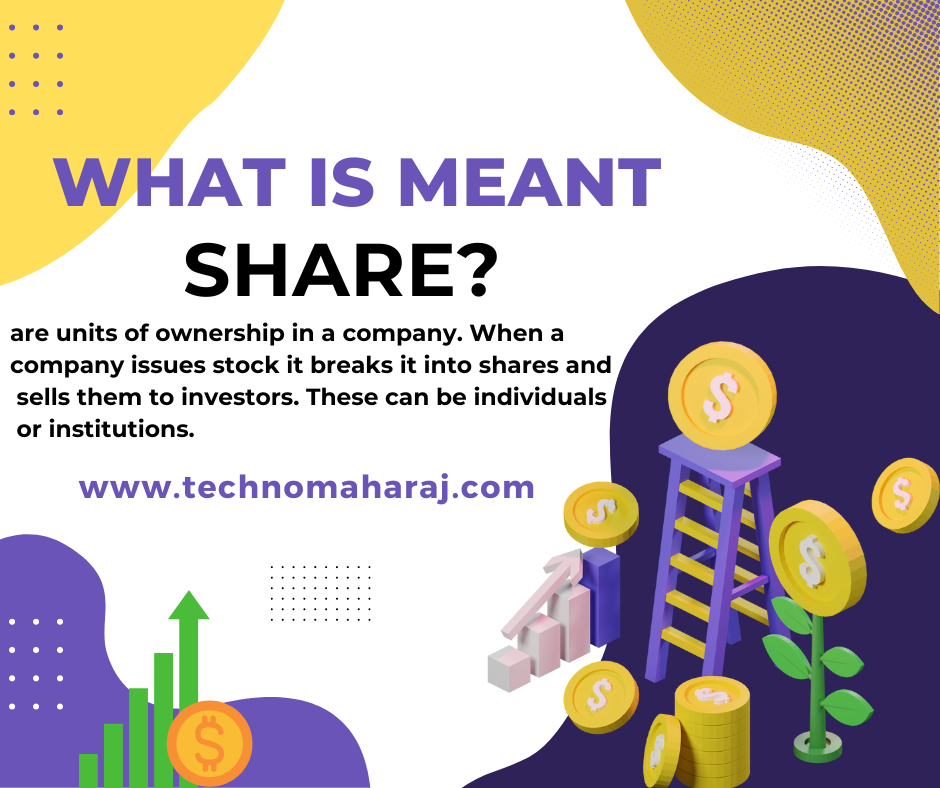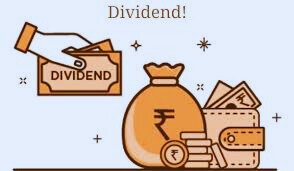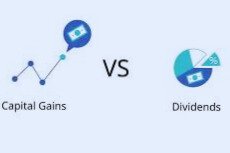What is Meant by Share are units of ownership in a company. When a company issues stock it breaks it into shares and sells them to investors. These can be individuals or institutions. Here are some key points about shares:

What is Meant by Share
- A company’s capital is divided into small equal units of a finit number . Each unit is known as a share.
Day-1 What Is Meant by Share? Introduction part.
Types of Shares-
- Common Stock Shares- These have voting rights and potential for price appreciation and dividends.
- Preferred Stock Shares- No price appreciation but can be redeemed at a good price and get regular dividends.
Authorized vs Issued Shares-
- Authorized Shares- The total number of shares a company can issue.
- Issued Shares- The actual number of shares sold to shareholders.
Publicly Traded Companies- Only shares of publicly traded companies are listed on stock exchanges. These companies go through an initial public offering (IPO) process to list their shares.
Day-1 What Is Meant by Share? Introduction part.
Day-1 How does the Share Market Work?

The share market can be understood in the Two main parts-Debt Finance and Equity Finance.
Debt Finance
- Angel Investor- Private Investor, we need to give Intereset to the companies. Example; Shark Tank.
- Financial Investor- Banks. Example; HDFC bank, Axis bank, etc.
Equity Finance
Day-1 How do dividends work?

Dividends are payments made by a company to its shareholders. Here’s how they work:
Types of Dividends-
- Cash Dividends– Most common. Companies give a portion of their profits to shareholders in cash.
- Stock Dividends- Companies issue more shares to existing shareholders. Doesn’t change ownership percentage but adds to the total number of shares.
Payment Frequency-
- Regular Dividends- Paid on a schedule (e.g. quarterly or annually).
- Special Dividends- Extra payments for exceptional profits or asset sales.
Ex-Dividend Date-
- You must own the stock before this date to get the dividend. If you buy on or after this date, you won’t get the upcoming dividend.
Dividend Yield-
- Calculated as\text{Dividend Yield} = \frac{\text{Annual Dividend per Share}}{\text{Stock Price}}Dividend Yield=Stock Price Annual Dividend per Share
- It’s the percentage return from dividends relative to the stock price.
Tax Implications–
- Dividends are usually taxable income. Tax rates vary by country and personal circumstances.
Day-1 The difference between dividends and capital gains?

Let’s break down the difference between dividends and capital gains-
Dividends-
- Definition- Dividends are regular payments made by a company to its shareholders. These are a portion of the company’s profits.
- Source– Companies pay dividends from their earnings, usually quarterly.
- Form- Dividends can be cash (paid directly to shareholders) or stock (more shares of the company).
- Purpose- Dividends give income to shareholders and are liked by investors who want steady returns.
- Tax Treatment- Dividends are taxed at a lower rate than ordinary income.
Capital Gains-
- Definition- Selling an investment (stocks, real estate, etc.) for more than you bought it for.
- Profit source- Appreciation of the investment over time.
- Realization- You only realize capital gains when you sell and take profits.
- Example- Suppose you buy 500 shares of Company XYZ stock at $5 per share, investing a total of $2,500. If the shares later rise to $7 each and you sell them at that market value, your capital gain will be $1,000 ($3,500 – $2,500).
- Tax Treatment-The tax rate for capital gains depends on whether the asset is held for the short term (usually taxed at ordinary income rates) or long term (usually taxed at lower capital gains rates).
For more in-depth articles and insights, visit our website. Get information and increase your knowledge about stock market and other financial topics.
